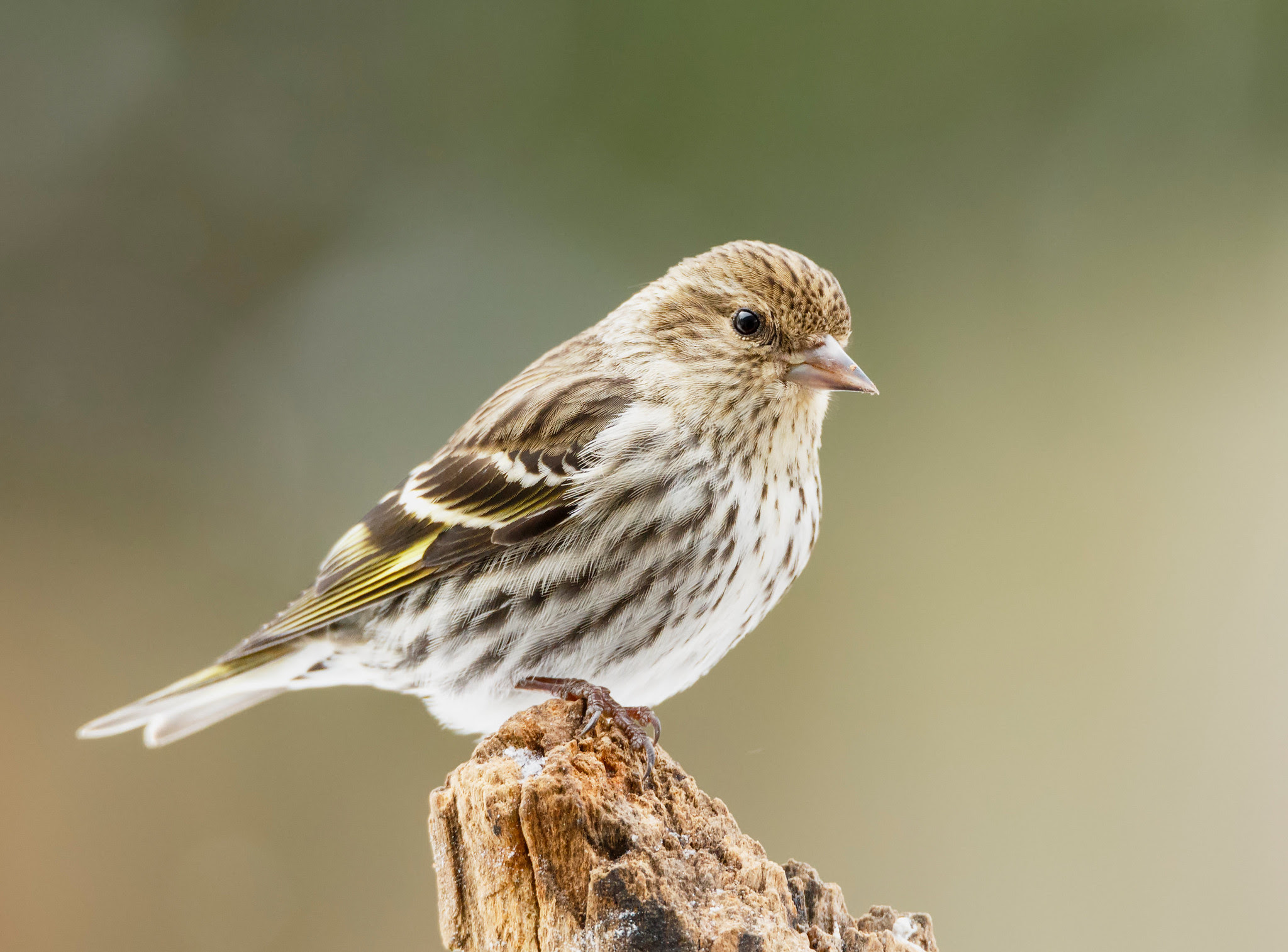LOCAL
The growing ground water contamination concern in Minnesota
The Minnesota Pollution Control Agency (MPCA) recently publicized that Nearly 60 shuttered landfills in 41 counties have leaked synthetic chemicals known as polyfluoroalkyl substances (PFAS) or forever substances into groundwater sources. Fifteen of them showed levels at least 10 times greater than the state’s health-based advisory values and one of the landfill, near the Iowa border, shows PFAS contamination of more than 1,000 times Minnesota's drinking water health standard. These closed landfills are throughout the state. They are in suburbs, greater Minnesota regional centers, and small rural communities, Laura Bishop, MPCA Commissioner, said.
PFAS have been manufactured and used in a variety of industries around the globe, including in the United States since the 1940s. They are found in a wide variety of products, including nonstick cookware, waterproof clothing, carpet, food packaging, and firefighting foam. Known for their durability, PFAS do not break down easily and tend to accumulate in the environment, humans, and wildlife. These chemicals have been linked to a host of health impacts including cancer, low infant birth weights, immune system effects, and decreased fertility.
Aa groundwater provides drinking water for about three-fourths of Minnesotans, the MPCA is now committed to creating a strategy for monitoring PFAS at all permitted landfills and determining how best to handle the leachate, or polluted liquid, draining from them. The Agency also believed that more studies are needed on active landfills, which were not part of the closed landfill monitoring. At the federal level, the Biden-Harris administration is committed to addressing PFAS in the nation’s drinking water and will build on these actions by advancing science and using the agency’s (EPA) authorities to protect public health and the environment.
Tribune
U.S. Environmental Protection Agency (EPA)
MPR News
NATIONAL
A multistate Salmonella outbreak connected to songbirds
Salmonella infections in 19 people in several states is linked to contact with wild songbirds (pine siskin) and bird feeders. Sick people in this outbreak range in age from 2 months to 89 years old. As of April 4, eight hospitalizations and no deaths have been reported, according to the Centers for Disease Control and Prevention. California Department of Fish and Wildlife Investigations Laboratory has evaluated birds from several locations and determined the cause of illness to be Salmonellosis.
Officials have interviewed patients about the animals they had contact with within the week before they got sick. Accordingly, some of them reported owning a bird feeder and the others reported contact with a sick, dead wild bird or pets that had access to or contact with wild birds.
Salmonellosis occurs periodically in pine siskins in some winters throughout their range. When large numbers of pine siskins congregate, the disease can spread rapidly causing high mortality and most birds die within 24 hours of infection, Ms. Jones, director of bird conservation for Audubon California said. In humans, Salmonella illness can involve diarrhea, fever, and stomach cramps, and tends to last four to seven days and most people can recover without treatment. Some severe cases, however, do require hospitalization.
To prevent further cases, the CDC recommended the following basic precautions:
- Washing hands with soap and water immediately after touching a bird feeder, birdbath, or handling a bird.
- Cleaning bird feeders and bird baths once a week or when they are dirty
- Keeping pets away from bird feeders and bird baths and the areas under them
- If you find a sick or dead bird in your yard, remove your feeder and bath for two weeks and call your state wildlife agency.
The New York Times
CDC
Food Safety News
INTERNATIONAL
Covid-19 personal protective equipment become a serious threat for wildlife
Scientists at the Naturalis Biodiversity Center in Leiden revealed that improper disposal of personal protective equipment (PPE) is killing dozens of wildlife across the globe. According to the study, birds, fish, and other wildlife have started fatally ingesting, building their homes using the discarded materials, as well as dying from encounters with it. Moreover, the negligence also favored the spillover of SARS-CoV-2 into naive wildlife host species, as waste is a vector for the virus, which survives for a few days on equipment.
The coronavirus crisis has sparked a personal protective equipment arms race around the world as governments rush to stockpile masks, gloves, visors and gowns. It is estimated that we have a monthly use of 129 billion face masks and 65 billion gloves globally. Some of these single-use items are ending up in the environment and becoming a real problem, Auke-Florian Hiemstra, a biologist at the Center and co-author of the report, told CNN. Veterinarians, birdwatchers, and animal rescue centers from across the world reported that dogs, monkeys, hedgehogs and even penguins had ingested or entangled themselves in PPE, while birds have been building their nests using face masks, gloves and tissue paper.
The pandemic is not over yet, and the amount of PPE used may only increase, and will continue to threaten wildlife way beyond the time access to a vaccine becomes available. Hence, it is a timely call to assess alternatives that allow reductions of PPE and reinforce awareness on the proper public use and disposal. Integrated work among countries and concerned authorities to improve the capacity of hazardous PPE waste management have also paramount importance to lessen the magnitude of the problem.
CNN
UNILAND
ACS Publication
|

